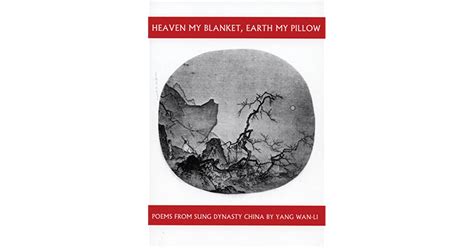A Quote by Mary Oliver
The poet must not only write the poem but must scrutinize the world intensely, or anyway that part of the world he or she has taken for subject. If the poem is thin, it is likely so not because the poet does not know enough words, but because he or she has not stood long enough among the flowers--has not seen them in any fresh, exciting, and valid way.
Related Quotes
It is not enough that France should be regarded as a country which enjoys the remains of a freedom acquired long ago. If she is still to count in the world--and if she does not intend to, she may as well perish--she must be seen by her own citizens and by all men as an ever-flowing source of liberty. There must not be a single genuine lover of freedom in the whole world who can have a valid reason for hating France.
I wrote a number of poems about Kah Tai lagoon, when Safeway was building that huge, ugly store down there where I used to love to watch the birds nest. That political poem, or environmental poem, was unsuccessful because Safeway built there anyway. And yet the poem has something to say today, as it did then. And I speak here only of my own poems. The agenda for every poet has to be different because most of us write from direct human experience in the world.
Why does one begin to write? Because she feels misunderstood, I guess. Because it never comes out clearly enough when she tries to speak. Because she wants to rephrase the world, to take it in and give it back again differently, so that everything is used and nothing is lost. Because it's something to do to pass the time until she is old enough to experience the things she writes about.
If I begin a poem, "I am a donkey," reason kicks in and says, "She is taking on the persona of a donkey." But if I write, "I have taken so many drugs I can't see my feet," the tendency is to take that as a confession on the part of the poet. Maybe that doesn't matter. I'd almost prefer for it to be the other way round.
Whenever I read a poem that moves me, I know I'm not alone in the world. I feel a connection to the person who wrote it, knowing that he or she has gone through something similar to what I've experienced, or felt something like what I have felt. And their poem gives me hope and courage, because I know that they survived, that their life force was strong enough to turn experience into words and shape it into meaning and then bring it toward me to share.
You must learn her. You must know the reason why she is silent. You must trace her weakest spots. You must write to her. You must remind her that you are there. You must know how long it takes for her to give up. You must be there to hold her when she is about to. You must love her because many have tried and failed. And she wants to know that she is worthy to be loved, that she is worthy to be kept. And, this is how you keep her.
I know that in a poem, even when the speaker is speaking from the poet's experience, there's always something that's borrowed, some authority that sits outside of the poet that the poem has claimed. There's a dramatic pitch that makes the speaker capable of saying something more courageous or stranger or simply other than what the poet would be able to say.







































